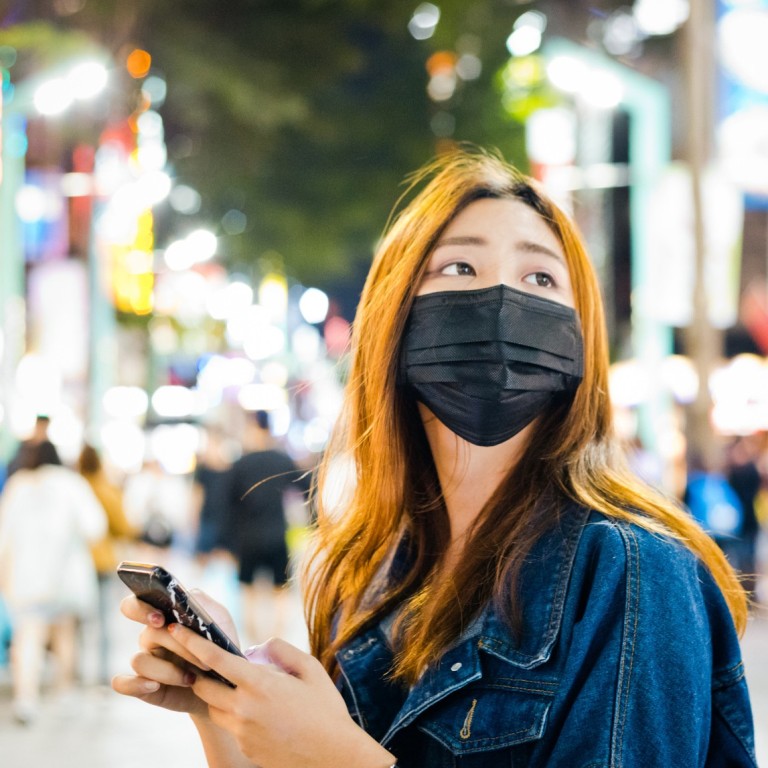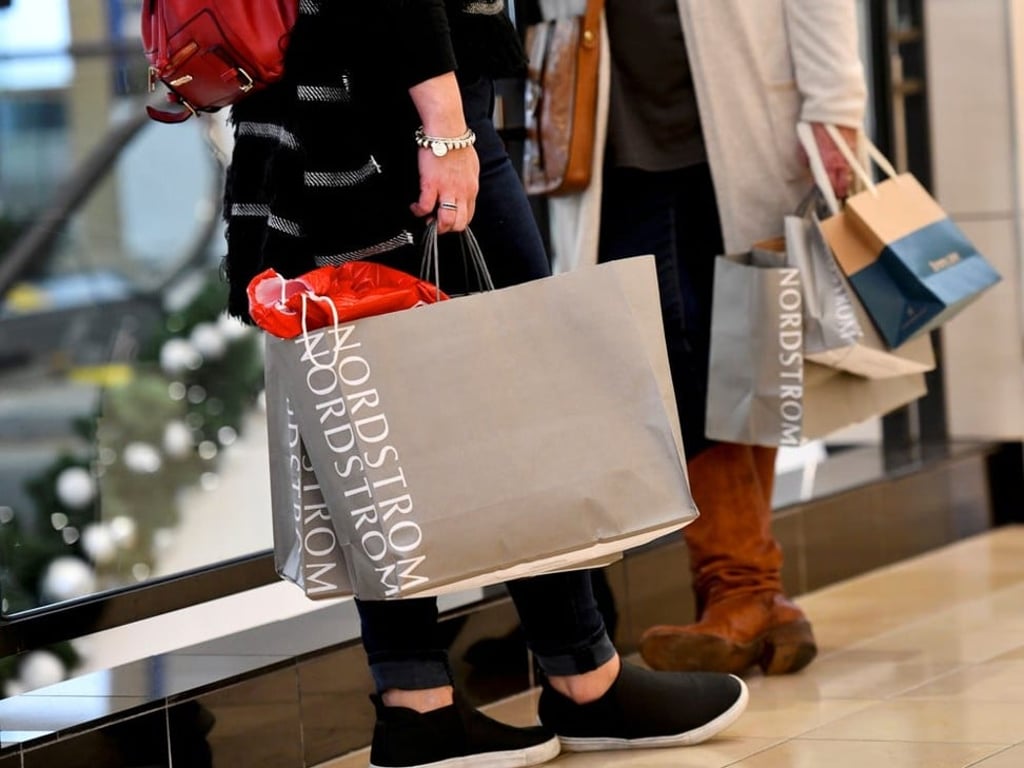4 ways coronavirus has changed millennials’ and Gen Z’s spending habits – from contact-free food deliveries to cutting back on shopping

Social distancing means online shopping, and medical bills equal financial anxiety – why millennials are already cutting back on spending over concerns of an impending recession
The coronavirus may put most millennials at less physical risk than older generations, but it might be changing the generation's spending habits more than any other’s.
They're already cutting back on spending over concerns the global pandemic will lead to a recession – and they're taking the shopping they are doing online to avoid going out in public. Millennials are also taking advantage of delivery apps more than usual.
And when it comes to affording Covid-19 treatment and screening, many millennials are worried. More than one-third of insured American millennials aren't confident they could handle costs, according to a First Insight survey, and they said they might have to borrow money from family or the bank to afford it.
Here are four ways the coronavirus is affecting millennials' financial behaviour.
Millennials are cutting back on spending

Millennials – and Gen Z – are tightening their wallets as coronavirus sparks recession fears.
While those of all generations are concerned about the financial effects of the coronavirus, “millennials' behaviour is changing more dramatically than any other generation”, Greg Petro, CEO of retail analytics company First Insight, told CNBC. “They are going to cut their spending.”
More than half (54 per cent) of US millennials surveyed said the coronavirus has impacted their purchasing decisions – more than any other generation, according to a First Insight survey published on February 28. It's caused 40 per cent of millennials to say they're cutting back on spending in preparation for the spread of coronavirus.
When millennials do shop, they're doing so online
